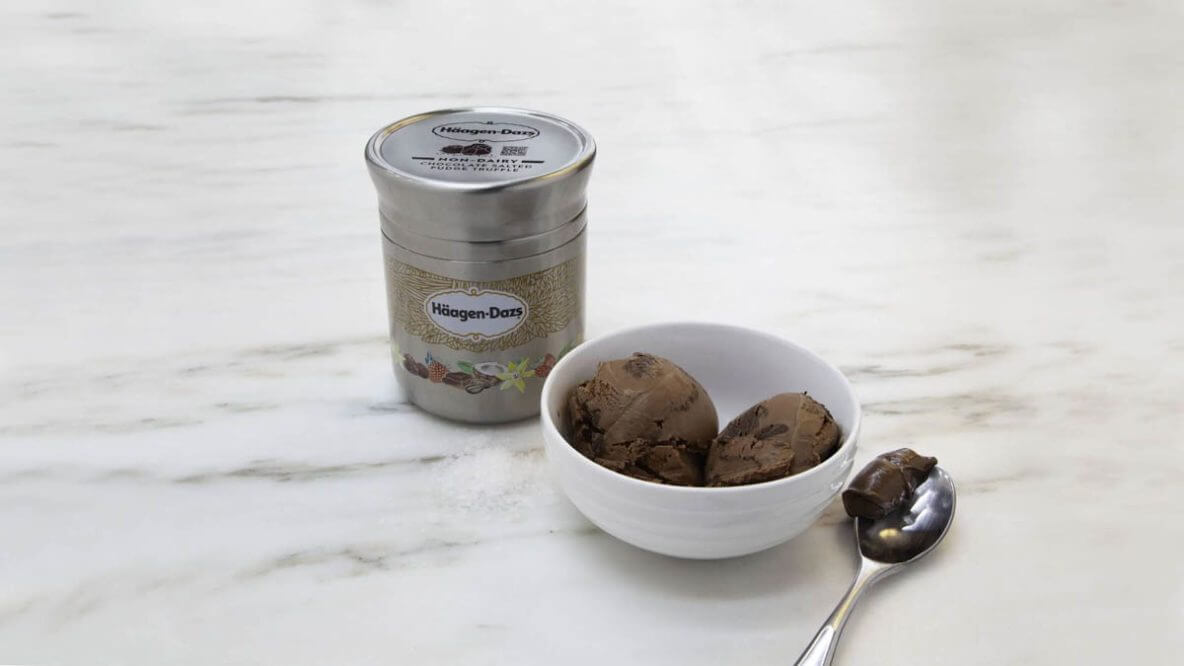
Inhaltsverzeichnis
Darf ich vorstellen: Loop, der neue zero waste Onlineshop
Die schlechte Nachricht kommt vorab: die zero waste Plattform Loop wird es zunächst nur in den USA und in Frankreich geben. Das bedeutet wir müssen uns wohl noch etwas gedulden.
Trotzdem möchte ich euch gerne darüber berichten, was Loop ist, wie es funktioniert und warum das Ganze so eine spannende Sache ist.
Was ist Loop? – Ein kurzer Überblick
Loop ist ein Onlineshop, der zero waste shopping ermöglichen möchte. Man kann dort Produkte von bekannten Marken wie Häagen Dazs, Oral-B oder Dove bestellen. Die kommen jedoch nicht wie gewohnt in Papierkartons nach Hause geschickt und sind nochmal extra in Plastik oder Papier eingepackt, sondern werden in weiterbenutzbaren Dosen und Behältern gesendet. Wenn man das Produkt aufgebraucht hat, kann man den Behälter zurück an Loop senden. Dort wird er hygienisch gesäubert und kann dann für den nächsten Kunden weiterverwendet werden.
Was steckt hinter Loop?
Die Plattform steht kurz davor, seine online-Tore zu öffnen. Ab Frühling 2019 starten die ersten richtigen Pilotprojekte. Loop ist aus einem Zusammenschluss einiger bekannter Marken, die Verbraucherprodukte herstellen. Einer dieser Partner ist Tom Szaky, CEO und Mitgründer von TerraCycle – einer Firma, die sich dafür einsetzt, schwer recyclebare Materialien zu recyclen.
Er sagt: “Obwohl Recycling wirklich wichtig ist, setzt es doch nicht an der Ursache der Müllproduktion an. Immer noch gelangt mehr und mehr Plastik in die Ozeane. Egal, wie sehr wir die Ozeane säubern, so werden wir das Problem nicht lösen können. Aus dieser Problematik heraus entstand dann Loop… Für uns liegt die Ursache nicht beim Plastik an sich, sondern darin, dass Verbraucher die Dinge nur einmal verwenden. Genau das möchte Loop so gut wie möglich ändern.”
Wie sieht eine Bestellung aus?
TerraCycle arbeitete über ein Jahr lang mit Firmen wie Unilever, PepsiCo und Nestlé zusammen, um die Plattform aufzubauen. Jede Verpackung, die Loop versendet, kann über 100 mal wiederverwendet werden. Man kann, wenn es soweit ist, gewünschte Produkte im
Onlineshop von Loop bestellen. Dabei bezahlt man ein wenig mehr als üblich für die wiederverwendbare Verpackung. Das sind meist Dosen oder Flaschen, wie beispielsweise bei Deo. Beim Kunden zuhause kommen die Produkte dann nicht – wie wir es kennen – in einem Pappkarton an, sondern in einer wiederverwendbaren Tasche, die auf den ersten Blick einer Kühltasche ähnelt.
Hat man ein Produkt aufgebraucht, wird der leere Behälter einfach wieder zurück in die Tasche gelegt. Ist die Tasche dann gefüllt, kann der Konsument auf der Webseite von Loop einen Fahrer bestellen, der die Tasche abholen kommt. Alternativ kann die Tasche auch selbst in einem UPS Store abgegeben werden.
Welche Vorteile hat der Verbraucher?
Für die Konsumenten soll der Prozess so nahtlos wie möglich ablaufen. Szaky sagt, dass es wirklich schwierig sei, Verbraucher dazu zu bewegen, sich bzw. ihr Verhalten zu ändern. “Deswegen fragten wir uns zunächst, wieso Wegwerf- und Einmalprodukte so beliebt sind. Ich glaube der Grund ist, dass Wegwerfprodukte praktisch und erschwinglich sind, man kann sie sich leisten.”, so Szaky.
Natürlich gibt es auch andere Ansätze. Mehrfach befüllbare Verpackungen aus Glas oder zero waste Supermärkte findet man immer öfter – auch hier in Deutschland. Diese Lösungen sind häufig jedoch unpraktischer und teurer als eine Standard-Plastikverpackung, was diesen Projekten das (Über-)Leben durchaus schwer macht. Die breite Masse greift dann lieber zur bequemeren Plastikvariante.
Loop möchte den Prozess für die Verbraucher daher genauso praktisch und unkompliziert gestalten, wie es bei Wegwerfprodukten der Fall ist. Man muss noch nicht einmal die leeren Behälter ausspülen oder waschen, sondern wirft sie einfach in die Tasche zurück – aber anstelle des Mülleimers.
Trotzdem ist Loop für den Kunden ein bisschen teurer als örtliche Supermärkte. Man bezahlt einen kleinen Betrag für den wiederverwendbaren Behälter; die Produkte selbst kosten jedoch nicht mehr als den gewohnten Preis. Hinzu kommt, dass der Verbraucher für den Versand und Rückversand ebenfalls zahlt. Eine bestimmte Anzahl an Produkten versendet Loop allerdings kostenlos, je nach Gewicht der gesamten Bestellung.
Wie funktionieren Versand und Rückversand?
Das Shipping und die Abholung der Taschen übernimmt im Pilotprojekt UPS. Patrick Browne, der für die Nachhaltigkeit bei UPS zuständig ist, sagt, dass das System von Loop in bereits existierende Abläufe von UPS passe und ohne Probleme integriert werden könne. Während der Fahrer auf einer fest gesteckten Route Pakete abgebe, sammle er auch wieder Taschen ein. So fahre er morgens mit einem vollen Auto los und käme abends ebenfalls mit einem beladenen Auto wieder zurück.
Schickt er eine “leere” Tasche mit verbrauchten Produkten zurück, bekommt der Kunde einen kleinen Teil seines Geldes zurück. Die leeren Behältnisse werden dann zu einer Anlage zum säubern gesendet und anschließend weiter an Fabriken geschickt, wo sie erneut befüllt werden. Dieses ganze hin-und-her Senden hinterlässt natürlich auch einen CO2-Abdruck. TerraCycle jedoch berechnete, dass dieser Ansatz immer noch 50-75% besser für die Umwelt ist als herkömmliche Methoden.
Die Verpackungen und Behälter von Loop sehen nicht nur schöner auf Regalen aus, als Plastik- und Papierverpackungen. Im Fall der Häagen Dazs Eiscreme hat die Verpackung auch einen funktionellen Mehrwert – sie kann die Eiscreme für mehrere Stunden kühl halten.
Die Marken, mit denen Loop zusammenarbeitet, haben außerdem während des Produktdesign-Prozesses zum Teil auch Änderungen an den Produkten selbst vorgenommen, damit sie weniger Wasser benötigen oder einfacher mehrmals zu verwenden sind.
Wirklich innovatives zero waste-Konzept oder nur ein Marketing-Streich?
Diese Frage lässt sich so noch nicht beantworten. Man muss abwarten, wie die Pilotprojekte verlaufen. Ob dieses Modell in unserer heutigen Welt funktioniert, wird sich zeigen. Neben Fragen rund um die Produktion der Produkte, die Zustellung und die Langlebigkeit der Behälter interessiert dabei vor allem, ob die Verbraucher das Konzept akzeptieren. Dabei helfen wird wohl die Bekanntheit der Marken, mit denen Loop zusammenarbeitet. Loop gibt Kunden keine “neuen” Produkte in dem Sinne, sondern lediglich einen neuen Zugang zu den Produkten, die sich für die Kunden bereits bewährt haben.
In einem zweiten Schritt sollen die Produkte dann nicht nur online verfügbar sein, sondern auch ihren Weg in den Einzelhandel finden. Das hängt aber ebenfalls davon ab, wie Loop starten wird. Wenn die Pilotprojekte gut laufen, könnte Loop schon bald Deutschland und den Rest der Welt erreichen.
Hier noch ein durchaus interessanter Fakt: 8 der 10 Firmen, die Greenpeace als die “weltweit größten Mitwirkenden an der Plastikmüllkrise” benannt hat, sind Teil von Loop. Es sieht so aus, als würden diese Firmen realisieren, dass sich was grundlegend ändern muss. Nicht nur zu ihrem eigenen Wohl, sondern hoffentlich auch zum Wohle der Umwelt.
Wenn du noch mehr über die Themen zero waste und Nachhaltigkeit, Achtsamkeit oder gesunde Ernährung erfahren möchtest, schaue doch mal hier vorbei.











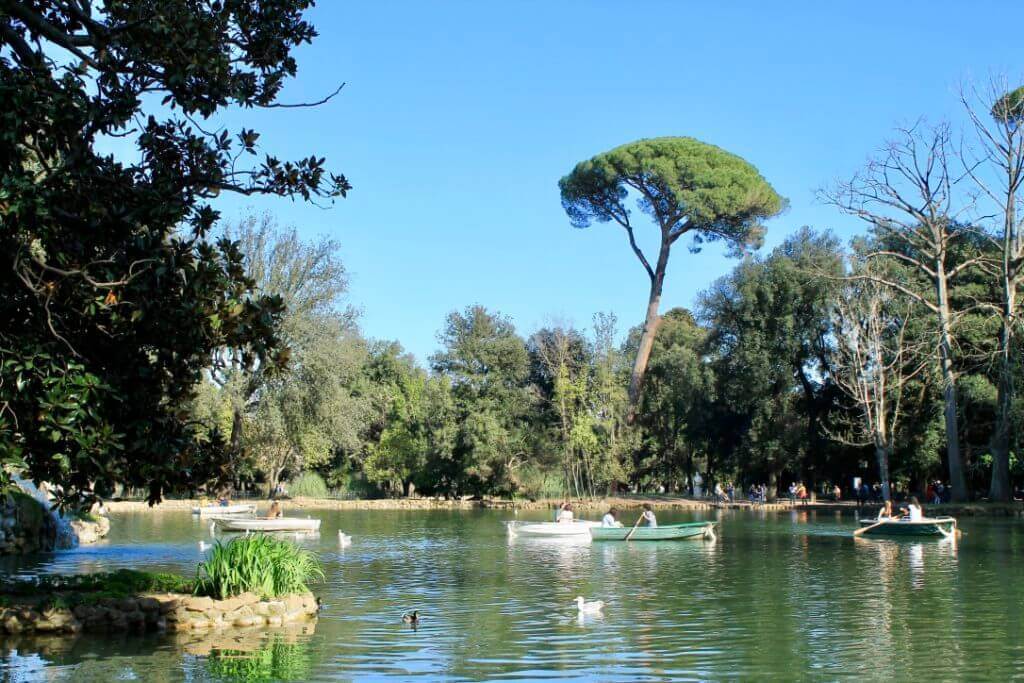













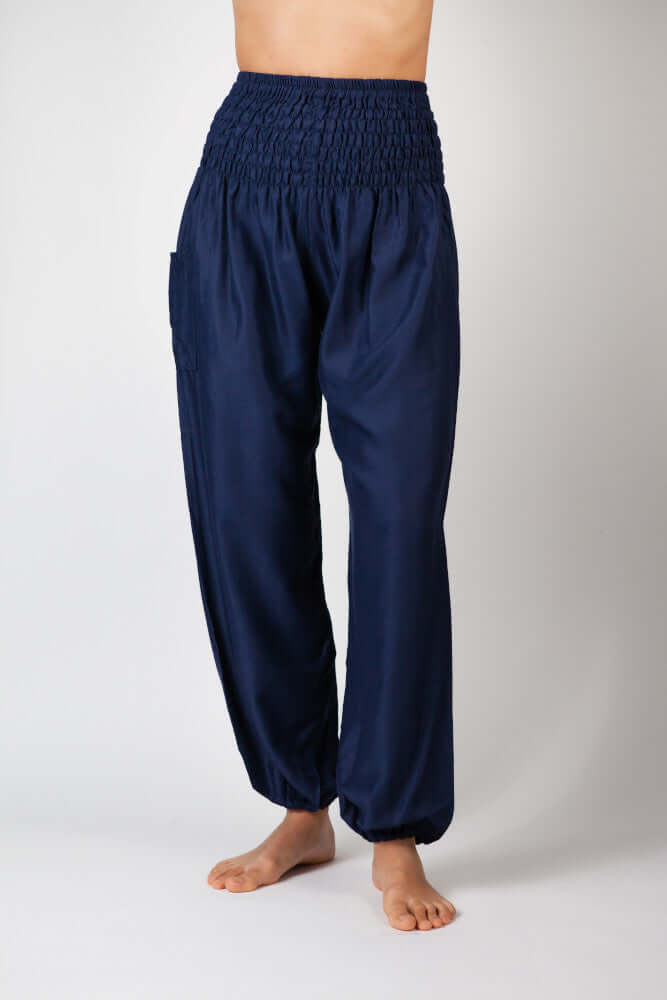
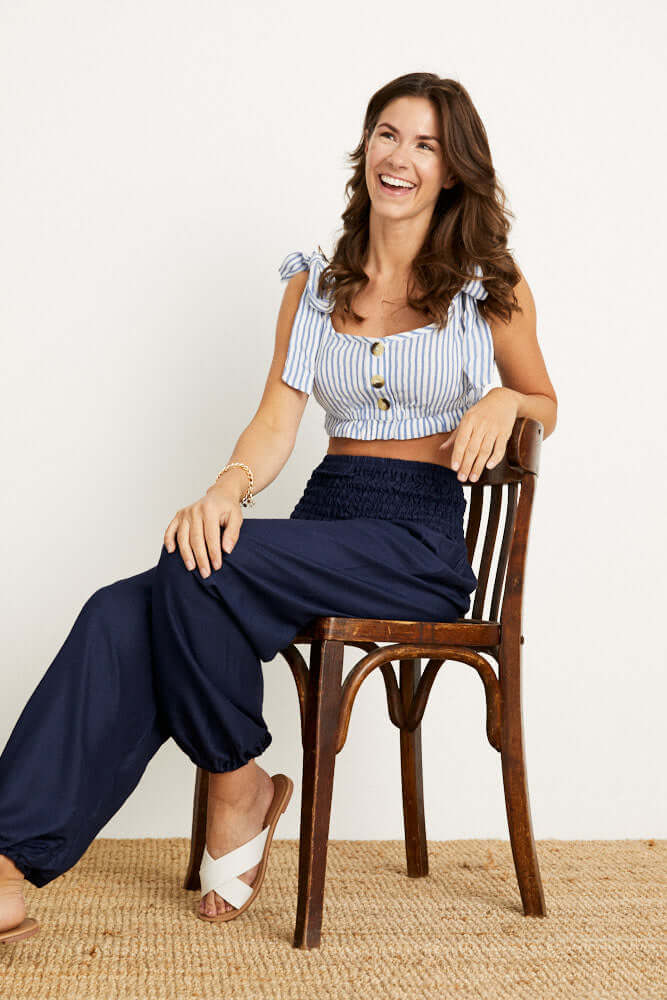
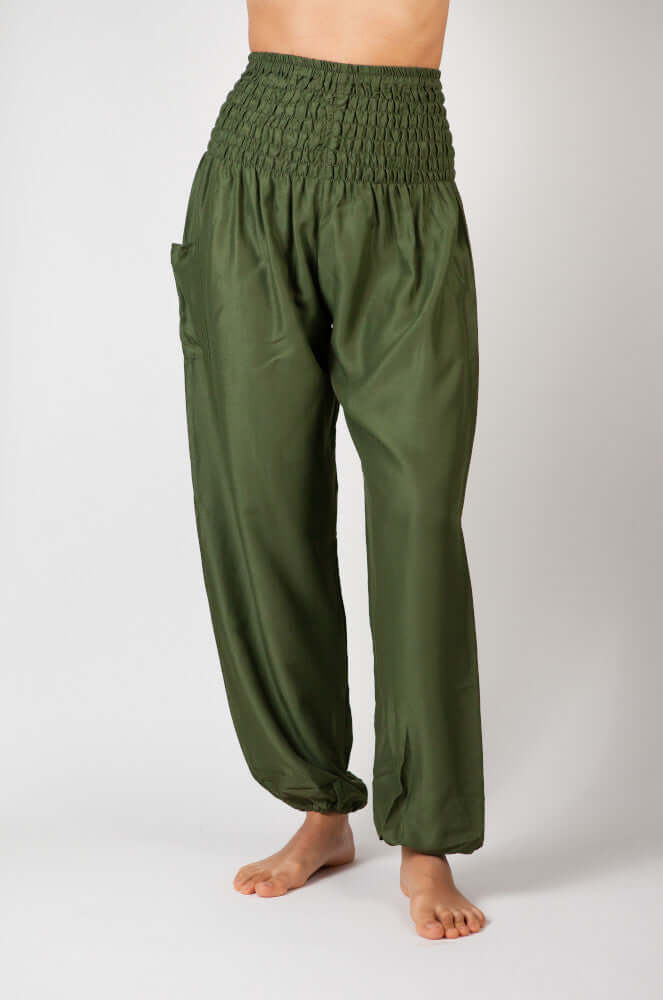
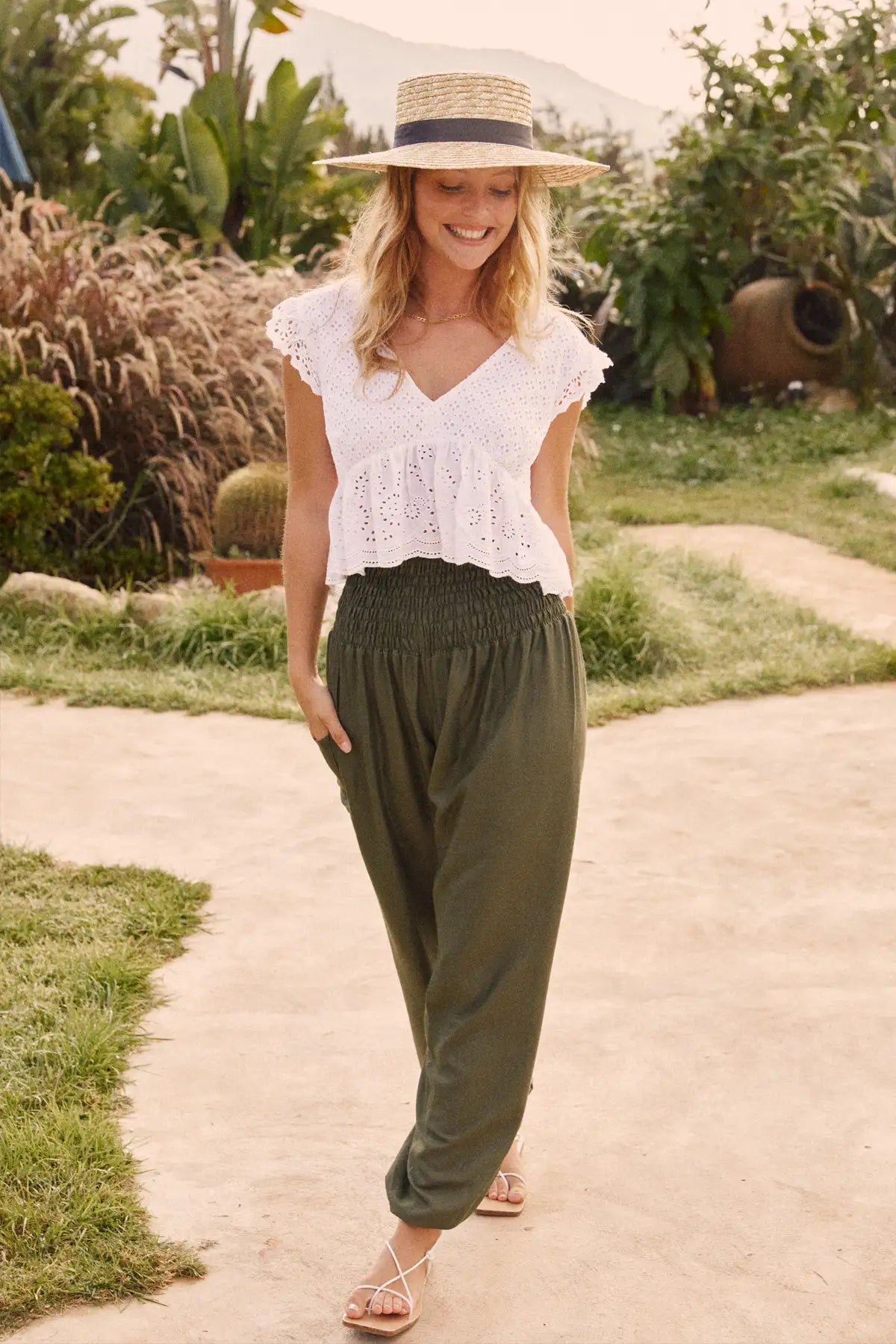
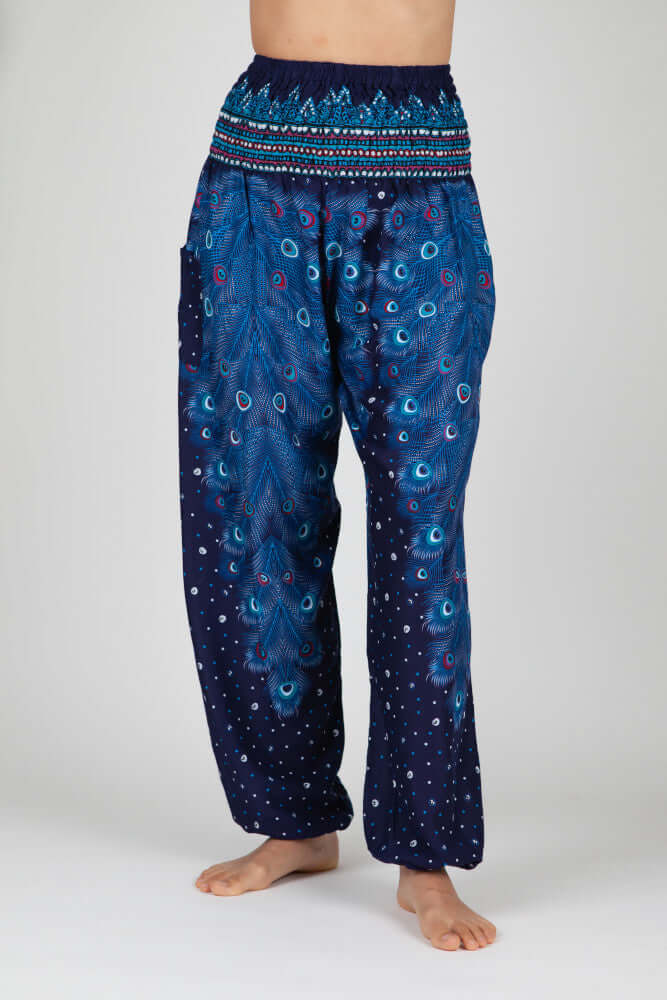

Leave a comment
This site is protected by hCaptcha and the hCaptcha Privacy Policy and Terms of Service apply.